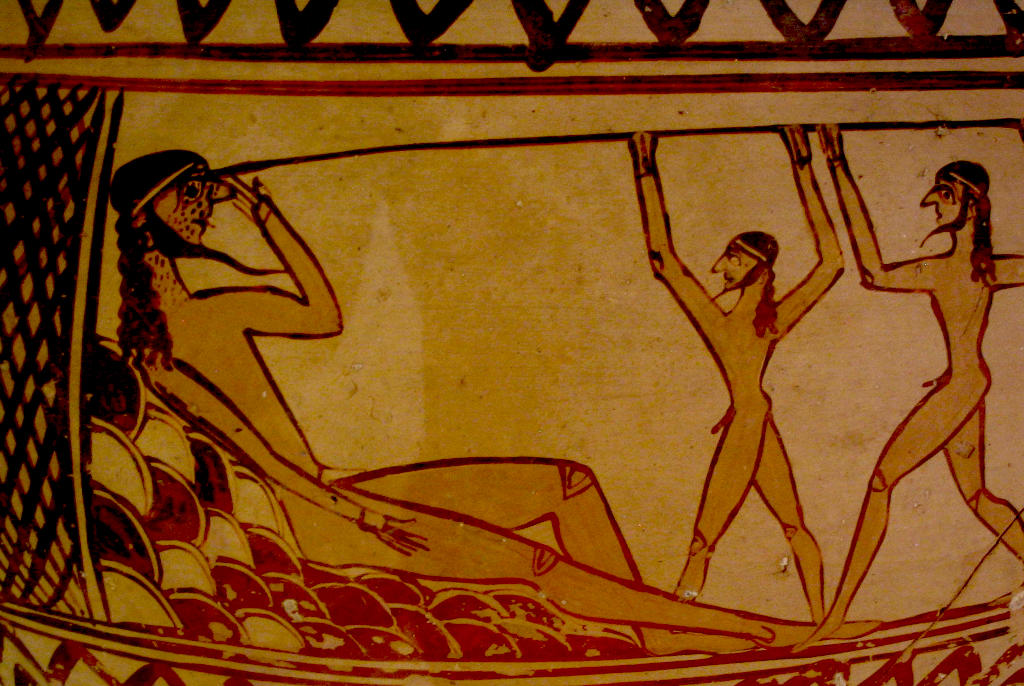Two new films about The Odyssey seem set to achieve great success in cinemas as well as in diverse debates about classical culture and its role in today’s dialogical society. The first of them officially premiered just August 22nd, in a number of theaters far greater than originally expected. There is no doubt that much of that attraction can be summed up in a phrase a friend told me: “just seeing Fiennes and Binoche together already makes it worthwhile .” The direction of Uberto Pasolini—grandnephew of Luchino Visconti—also contributes, but without a doubt, a key factor is the progress made in overcoming the promotion of poor cultural taste.
This new wave would not have emerged at this moment if it were not for the extraordinary work of a growing number of educators in cultivating good taste from the earliest ages. The education of cultural taste is a task that multiple generations of professionals, families, and social movements have carried out throughout the centuries, reaching its height thanks to the creation of universal educational systems born from democratic revolutions. Contrary to what some authors have written, that taste was not determined by social class, socioeconomic level, or family ideology, but rather by human intervention in the form of educational and cultural action. Classical music could be heard even by illiterate citizens in numerous religious buildings; even illiterate people discussed classical works in libertarian athenaeums. In both urban and rural schools, The Odyssey was strongly present thanks to teachers with a profound cultural taste.
In the second half of the twentieth century, consumer capitalism launched an offensive against classical culture, which produced far fewer profits than poor cultural taste. It is very clear that the Top 40—whose songs on the list changed constantly—generated much greater profits than Beethoven’s records, which lasted a lifetime. To make more business, it was necessary to discredit good taste, portraying it as boring, elitist, racist, and sexist. In exchange, poor cultural taste was promoted, even though it was not only uglier but also far more sexist than classical culture. The Odyssey was criticized as sexist, while Perfume—the glorification of a serial killer of women—was made required reading in secondary schools.
Once again, it has been teachers and families of all social classes, cultures, genders, socioeconomic levels, and educational backgrounds who have fostered in their young ones the taste for classical culture, the taste for beauty, the taste for values. In doing so, they have managed to swim against the dominant current of consumer capitalism and have even forced it to make room, too, for the greatest cultural creations of humanity.
Lecturer in the Department of Sociology at the University of Barcelona.
Extensive experience in the participation of EU funded research projects particularly from the EC’s Framework Programme.
Co-editor of RASP: Research on Ageing and Social Policy.


